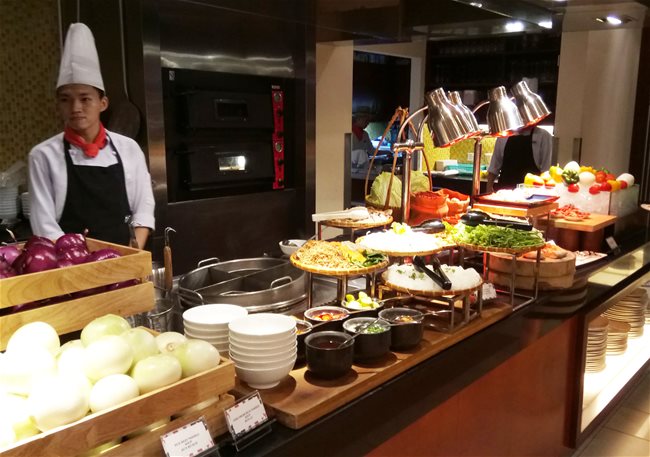HCMC – Hospitality was among the first industries in Vietnam to be hit by the Covid-19 pandemic and will likely be among the slowest to fully recover, according to market researcher Savills.
All categories of the industry have been affected, from hotels, restaurant chains and airlines to small family-owned restaurants and accommodations.
Vietnam has been successful in containing Covid-19 and the recent reopening of its restaurants, coffee shops and hotels has given the country a headstart over other countries. However, hospitality is seeing a careful recovery, while owners are still trying to understand the new normal and how long it will be before demand returns to pre-crisis levels.
So far, strategies adopted by restaurants and hotels have involved slowdowns or closures to cut costs, the retention of key personnel and preparations for reopening. This has helped overcome the short-term drop in revenues.
Although many of them have reopened, a full recovery is still a long way off, and they are currently relying mainly on local demand as the pandemic is still spreading elsewhere around the world.
With regard to operating costs, owners can partially manage their business activities over the short term with a temporary layoff of staff and the use of cash reserves, but for the longer term, if demand does not quickly rebound, loan repayments and property and land lease fees will have a greater impact on the bottom line, especially for restaurants and bars.
“We are hoping that financial institutions and landlords will work with owners to find mutually beneficial solutions and play constructive roles in the recovery process,” Savills said.
Mauro Gasparotti, director of Savills Hotels APAC, suggested that creativity was key to generating additional revenues. “Hotels need to appeal more to local corporate guests and tourists. Staycations show one way of doing this, where hotels target ‘close-by demand’ with experience packages combining a room, food and beverages with full access to facilities,” he remarked.
“We expect to see restaurants do the same, with more creative promotions to attract local guests such as cleverly themed weekend brunches. AirBnb establishments may also consider these types of experience packages, such as having a private chef on hand.”
According to Savills, recovery was initially expected to follow a V-shape model, which is common in the travel industry and has happened in Vietnam in the past. For example, the China and Russia inbound markets fell from June 2014 to June 2015 but both quickly recovered.
“However, the situation now is very different, and I believe most hotels and resorts should not expect a full recovery until well into 2021 as the global economic impact and evolution of the virus are both still uncertain,” Gasparotti stressed.
“As mentioned, we will rely on local demand first, especially younger generations of independent travelers, followed by reopening to some major countries, to slowly return to regular services. That said, looking into the evolution of other countries like China where the government recently allowed hotels to reopen, it took only six weeks for occupancy to reach 32% by the end of March after the drastic fall in occupancy in the previous month, and this was mainly due to local travelers,” Gasparotti added.
“This has allowed hotels and resorts to regain their business and resume operations. We hope Vietnam will once again prove to be a successful example for other countries to follow.”











